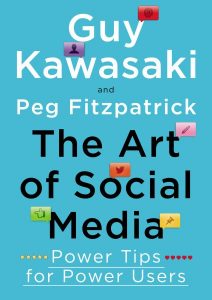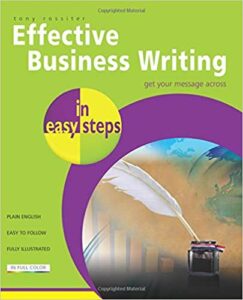Ways to Feed the Blog Content “Monster”

“There are two ways to “feed the content monster”, Guy Kawasaki and Peg Fitzpatrick suggest in their book The Art of Social Media:
- Content creation
- Content curation (finding other people’s good stuff, summarizing it and showing it)
One way to talk “value”, we teach at Say It For You, is to translate a benefit that a product or service has that isn’t typically expressed in dollar terms.
Blog content writing is the perfect vehicle for conveying a corporate message using a a seemingly unrelated piece of trivia.
Whether it’s business-to-business blog writing or business to consumer blog writing, the blog content itself needs to use opinion to clarify what differentiates that business, that professional practice, or that organization from its peers.
While blogs should be “small” (readers should not need to scroll down to read “the rest of the story”), the way to make blogs exciting is to find the “bigger idea”.
Engaging blog posts need to contain visuals, whether they’re in the form of “clip art”, photos, graphs, charts, or even videos, to add interest and evoke emotion.
Be organized. (Structure information in chunks.)
Chunking is one way business bloggers can offering technical information in “chewable tablet form”, because it refers to the strategy of breaking down information into bite-sized pieces so the brain can more easily digest it.
Providing external links from your blog post to a news source or magazine article or to someone else’s blog post on your subject shows you’re staying in touch with others in your industry and that you’re confident you have special value to offer within a competitive environment.





Follow us online!